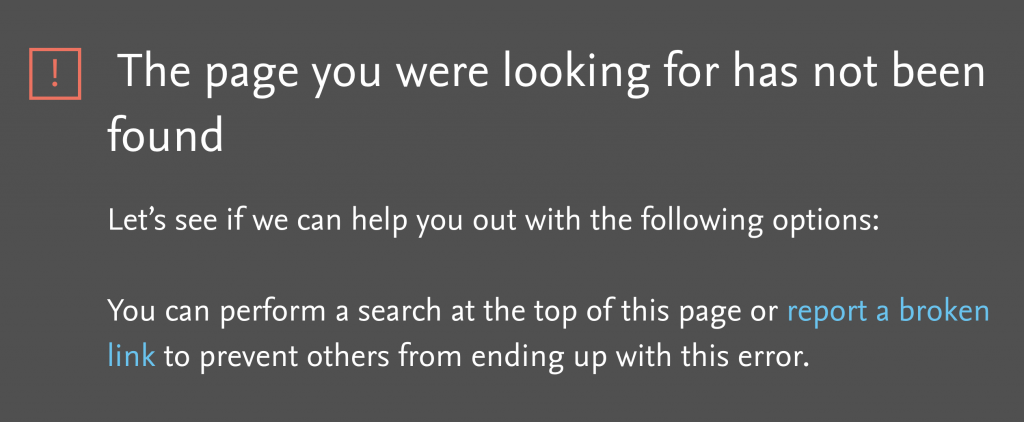The authors of a controversial meeting abstract linking ivermectin to lower mortality from Covid-19 have retracted the study, saying that the work has been widely “misinterpreted” and might be leading to patient harm.
The abstract, “Treatment with Ivermectin Is Associated with Decreased Mortality in COVID-19 Patients: Analysis of a National Federated Database,” was presented at the 2021 International Meeting on Emerging Diseases and Surveillance.
According to the researchers, from the University of Miami, Covid-19 patients who took ivermectin were about 70% less likely to die of the disease than those who took remdesivir.
Continue reading Widely touted abstract on ivermectin and COVID-19 retracted






